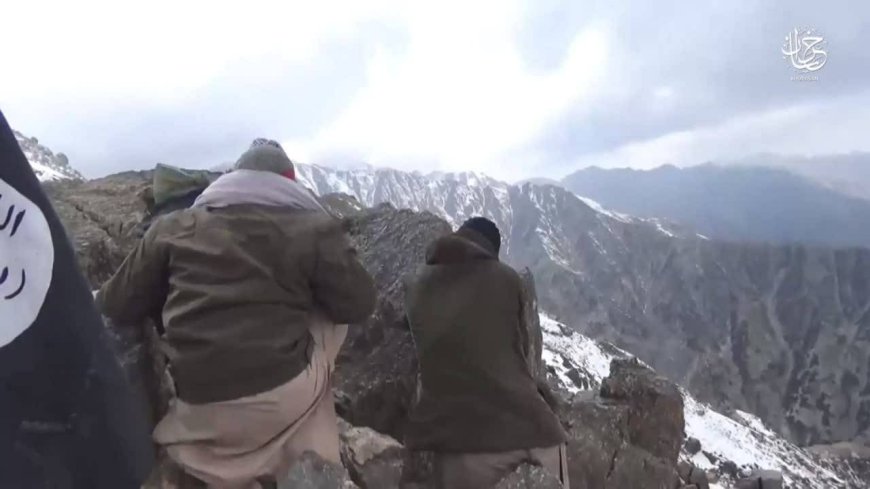ISIS Returns: A Looming Menace to International Peace?
Following the liberation of all ISIS-occupied territories in Syria and Iraq by Iran-led forces, the world breathed a sigh of relief, believing that the reign of terror orchestrated by the notorious group was finally coming to an end. However, recent months have seen a disturbing resurgence of ISIS, with the group carrying out a series of highly successful operations in various countries. This resurgence has sparked serious concerns among international observers, particularly in the wake of the Taliban's rise to power in Kabul, leading to a surge of global anxieties regarding terrorist threats.

The re-emergence of ISIS in regions like Russia, Pakistan, Western Asia, and particularly along the border of Afghanistan and Tajikistan, has raised concerns about its sinister activities. It is noteworthy that Western countries have not shown the same level of concern about ISIS making a comeback, exposing the ominous nature of this resurgence.
One dimension of ISIS's resurgence lies in the potential manipulation of terrorist groups by Western security agencies to further their own geopolitical agendas without facing direct culpability. By leveraging terrorist organizations to achieve their strategic objectives in hostile territories, Western powers can ensnare target countries in security dilemmas, diverting their attention away from regional and global projects. However, this perilous game risks spiraling out of control, especially with the resurgence of the Taliban in Afghanistan, potentially leading to a cascade of international security challenges beyond the control of the orchestrators.
Another facet of ISIS' resurgence is its role in destabilizing Central Asia, where any security disruptions can unsettle the strategic equilibrium of China, Iran, and Russia. This deliberate distraction serves to shift focus from the Eastern Axis's influence in Africa, a region where the power struggle between the Eastern and Western blocs plays out. In fact, by secretly supporting terrorist groups along Russia's, China's, and Iran’s borders, the Western bloc aims to buy time to fortify its African allies against the rising Eastern Axis.
The ongoing war between Russia and Ukraine has further complicated the global security landscape, with Russia's intensified focus on the Ukrainian front yielding significant victories. However, a major terrorist incident within Russia threatens to derail its military momentum, echoing the disruptive impact of September 11 on the United States. Despite initial concerns about Russian inaction, recent proactive measures suggest a recalibration of strategies to address both internal and external threats.
In conclusion, the convoluted machinations of Western governments aimed at pressuring the Eastern Axis are set to continue unabated. Recent developments, such as the terrorist incident in Pakistan targeting Chinese personnel, underscore the growing menace of ISIS in West Asia, potentially serving as a smokescreen for Western powers to advance their clandestine agendas. As the specter of ISIS looms over global events, a nuanced approach focusing on dismantling the support networks of terrorist groups is imperative, rather than solely engaging in direct confrontations with militants. Failure to address the root causes of extremism risks perpetuating a cycle of violence, with far-reaching implications for both Eastern and Western countries alike.













































